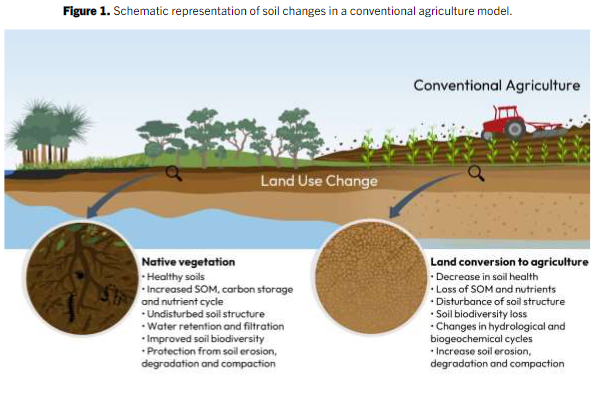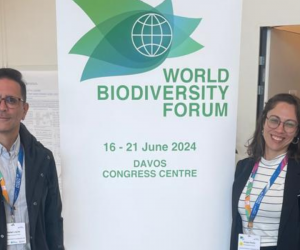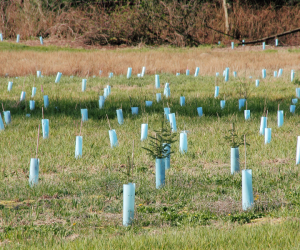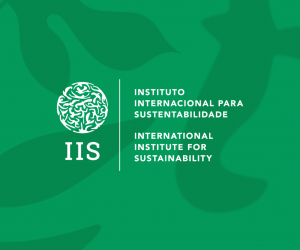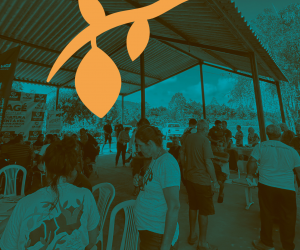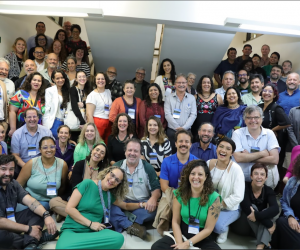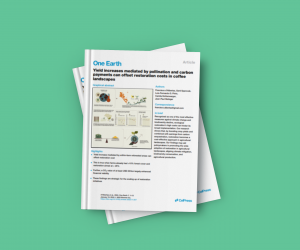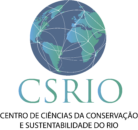Publications > Article
Research priorities for applied soil science
Soils are complex systems that provide a range of ecosystem services fundamental for life on Earth. They are formed at the intersection of the atmosphere, biosphere, hydrosphere, and lithosphere, regulating many ecosystem processes in landscapes and is home to a large proportion of earth’s biodiversity, providing the physical foundation for numerous human activities. Thus, the study of soils naturally involves an inter-and transdisciplinary approaches, as well as the Sustainability Science, with its systemic, transdisciplinary approach searches pragmatic solutions to complex problems and most urgent challenges. This includes how soil health could influence or aid in achieving inclusive and equitable sustainable development.
Much has been done to promote soil health and conservation and to safeguard the future of humanity. Much more remains to be done. The importance of soil health as the foundation for sustainable agriculture and other ecosystems continues unperceived. This paper reviews recent literature on research priorities for sustainable soil use and involves interdisciplinary teams to set pathways for research needs. We show the urgent need to restore soil health and promote the independence on foreign agricultural inputs in Brazil, potential for soil carbon to be included in voluntary carbon market and potential of biochar to sequester carbon in soil in the long term. We also highlight the need for bottom-up approach, inclusiveness, creativity and innovation in the search for equitable sustainable development.
